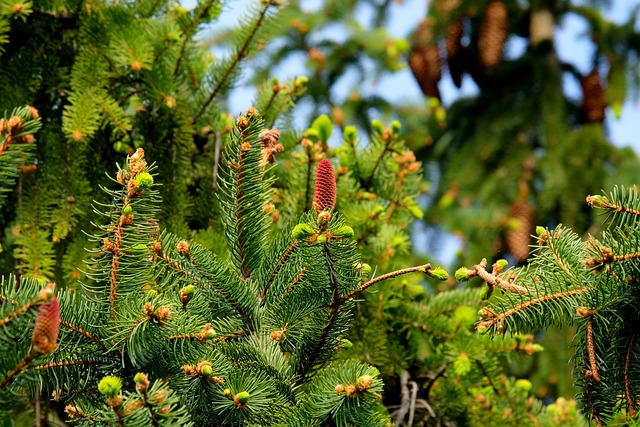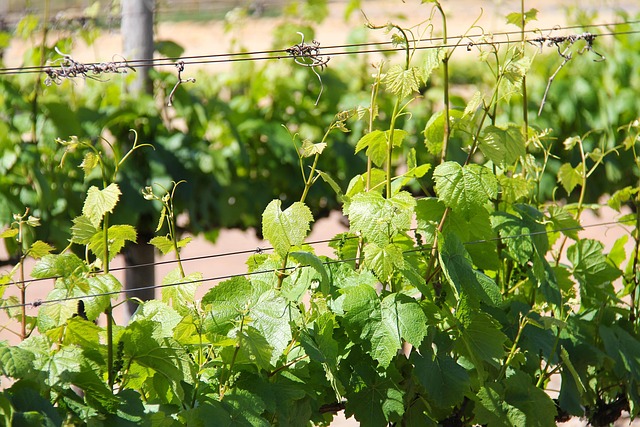In today’s fast-paced urban landscape, the pursuit of green urban communities is more essential than ever. As concrete jungles expand, the connection we have with nature often diminishes, fueling a sense of isolation and disconnection. However, by embracing organic gardening, we can revitalize not only our surroundings but also our sense of community, creating vibrant and eco-friendly spaces that promote well-being for both individuals and the environment.
Organic gardening stands as a powerful tool in the quest to build sustainable neighborhoods. It encourages biodiversity by fostering a habitat for various species, including beneficial insects and pollinators. The incorporation of native plants enriches the local ecology, ensuring that our urban areas do not just become havens of pollution but are transformed into thriving ecosystems. Imagine walking through your community, where every garden blooms not only with color but with life, supporting the delicate balance of nature.
In green urban communities, every garden tells a story. From small balcony gardens to community plots in parks, organic gardening is an invitation to participate in a larger conversation about sustainability and environmental awareness. These spaces become communal hubs where neighbors can gather, share gardening techniques, swap seeds, and celebrate harvests together. The act of planting a seed can sow deeper connections, nurturing friendships that reflect the values of eco-conscious living.
Furthermore, growing your own food is deeply rewarding. By choosing organic methods, we not only produce fresh, nutritious food but also reduce our carbon footprint. Gardens become a sanctuary where we can reconnect with the earth and understand the cycles of nature. Each time we sow, tend, and harvest, we cultivate a deeper appreciation for the environment and learn to respect the resources that sustain us.
Sustainable gardening practices, such as composting, rainwater harvesting, and using natural pest control, further enhance our efforts in creating eco-friendly urban communities. These practices not only contribute to the health of our gardens but also foster awareness and educate others about the importance of environmental stewardship. Every compost pile, rain barrel, and organic herb garden serves as a testament to our commitment to a greener future.
Incorporating green spaces into urban planning is vital for enhancing quality of life in cities. Parks filled with community gardens can act as rich tapestries where people of all ages and backgrounds come together. These spaces promote not only social interaction but also mental well-being as individuals escape the chaos of daily life and find solace in nature’s embrace. Green urban communities thrive when we prioritize parks, community gardens, and green roofs, cultivating ecosystems that provide fresh air, shade, and biodiversity.
As we move toward a more sustainable future, it’s essential to inspire others to join this movement. Hosting workshops, collaborating with local schools, or even starting a gardening club can ignite a passion for organic gardening among community members. By sharing knowledge and resources, we empower ourselves and others, creating a ripple effect that encourages the growth of green urban communities everywhere.
Nurturing nature through organic gardening is a powerful response to the challenges of urbanization. In our efforts to produce more eco-friendly green urban communities, we not only heal our environment but also foster a sense of belonging and connection among neighbors. Let us embrace the beauty of nature, cultivate our gardens, and work collectively toward a greener, healthier future for our cities.




